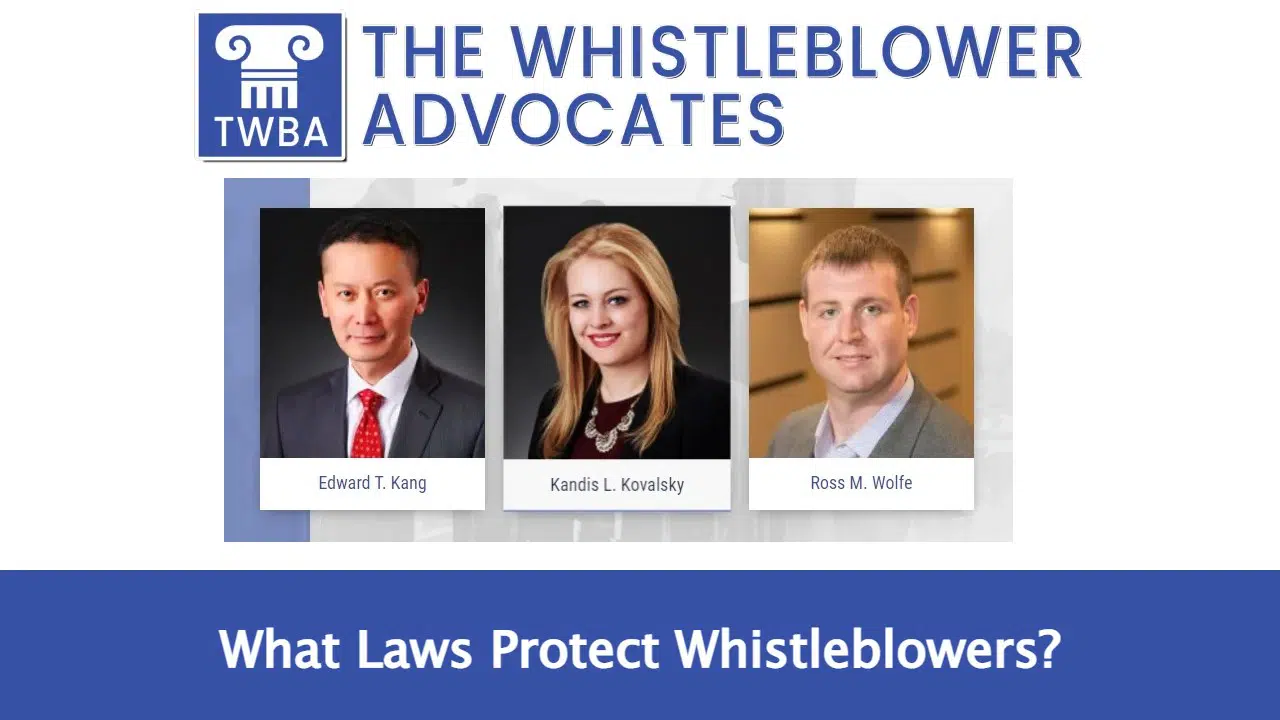The Whistleblower Protection Program (WPP) was created by Congress in 1989 to protect federal employees who raise concerns about waste, fraud, abuse, and mismanagement within their agencies. The WPP protects federal employees who disclose information related to any of those issues. It also covers anyone who works for a contractor that does business with the government.
The program applies to all federal agencies and departments except the Department of Defense. If you work at one of these agencies, you may be able to file a complaint under the WPP.
The WPP requires that complaints be filed directly with your agency’s inspector general. You can do this through official channels, including e-mail, fax, mail, telephone, or in person.
Congress established the Whistleblower Protection Program in 1989. It protects federal government employees who disclose information about waste, fraud, abuse, or law violations. This includes any employee at any national government level, including military personnel.
This protection extends to anyone working for a federal contractor. For example, it would cover someone employed by a company that contracts with the government to perform services on its behalf.
The Whistleblower Protection Program protects most federal workers who disclose information related to fraud, waste, abuse, or violations of law by their employers. It applies to all government agencies, including the Department of Defense, Homeland Security, the Internal Revenue Service, the Environmental Protection Agency, the Securities and Exchange Commission, and the Federal Bureau of Investigation.
The Whistleblower Protection Program (WPP) protects federal workers who disclose information about government waste, fraud, abuse, or violations of law by federal agencies. It was created in 1989 as part of the Civil Service Reform Act. To qualify for protection under the WPP, you must meet three criteria:
If you meet all three requirements, you may file a complaint with the Office of Special Counsel (OSC). OSC will investigate the matter and determine whether the agency violated the law. OSC will attempt to resolve the matter through mediation or conciliation. If both parties fail to reach an agreement, OSC will issue a decision based on its investigation.
The Office of Special Counsel (OSC) coordinates the efforts of federal agencies to ensure that whistleblowers are protected against reprisal. OSC has broad authority to investigate whistleblower complaints and take action to enforce its findings. It also oversees the implementation of the Whistleblowers Protection Act by the Department of Labor and the Equal Employment Opportunity Commission.
Retaliation occurs when an employer takes some kind of adverse employment action against an individual because they engaged in certain activities protected by federal whistleblower laws. These activities include making a good faith allegation of improper governmental activity and providing information about possible illegal conduct to a supervisor.
The Whistleblower Protection Enhancements Act (WPEA) was signed into law by President Obama in late 2012. It aims to strengthen protections for federal employees who disclose information related to fraud, waste, abuse, and mismanagement within the government. This includes protecting those who come forward to report law, rule, or regulation; disclosing gross mismanagement, corruption, or criminal activity; and providing assistance to an inspector general or congressional oversight committee. Protections for whistleblowers from retaliation in ophthalmologist fraud cases are essential safeguards that encourage individuals to expose unethical practices within the eye care industry
In addition to providing legal representation and advice, attorneys can help you navigate the complex rules and regulations surrounding whistleblowing. They can also assist you in filing a complaint with the Office of Special Counsel (OSC), which has jurisdiction over most federal employee complaints.
We offer free consultations for all types of whistleblower lawsuits. For more information, you can contact The Whistleblower Advocates at (833) 310-3147 for a FREE, confidential consultation.

We serve clients throughout the Delaware Valley including, but not limited to, those in the following localities: Pennsylvania including Berks County, Bucks County, Chester County, Delaware County, Montgomery County, and Philadelphia.
Contact Us | The Whistleblower Advocates
Privacy Policy | Terms of Service
Please do not include any confidential or sensitive information in a contact form, text message, or voicemail. The contact form sends information by non-encrypted email, which is not secure. Submitting a contact form, sending a text message, making a phone call, or leaving a voicemail does not create an attorney-client relationship.
Copyright © The Whistleblower Advocates. All Rights Reserved